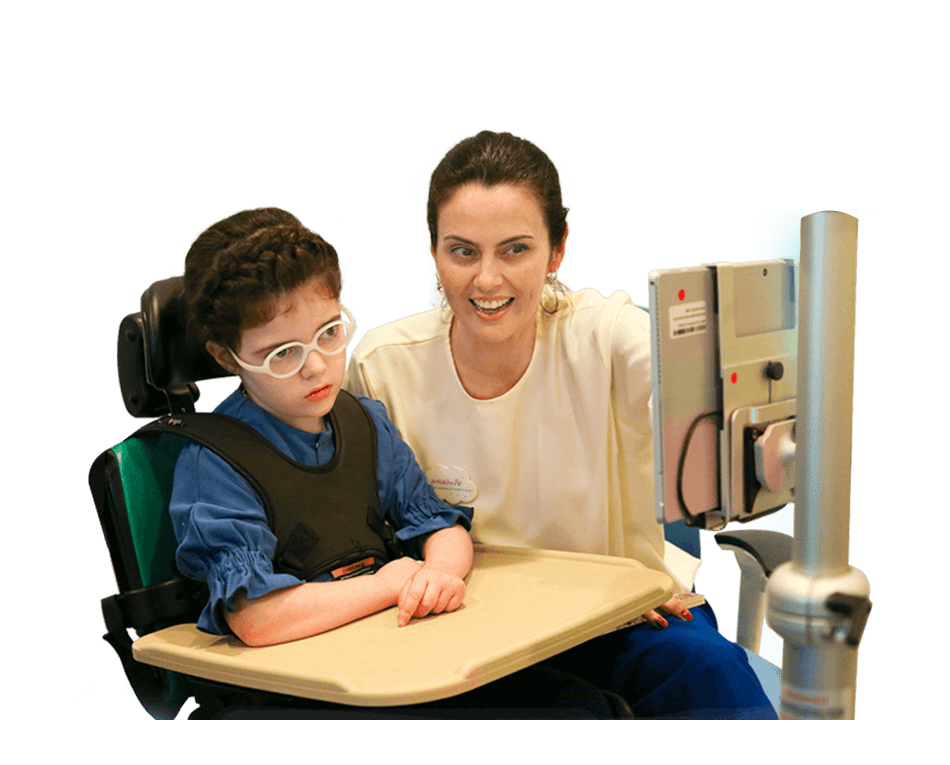How Can Therapy Help Kids With Anxiety?
Anxiety can affect children in many ways, from school-related stress to social challenges, and it is increasingly being recognized as a common issue. Addressing anxiety early can prevent it from hindering a child’s development and daily activities. Children therapy Dubai provides a supportive environment where children can learn coping strategies, build resilience, and understand their feelings. Engaging in children therapy can significantly help kids manage their anxiety and promote healthier emotional well-being.
Understanding anxiety:
Therapy helps children recognize and understand the symptoms of anxiety, which can often manifest as physical discomfort, irrational fears, or worry about everyday situations. Learning to identify anxiety triggers and how to manage them is one of the first steps in therapy.
A child therapist works with children to explain anxiety in simple terms, helping them understand that it’s a normal emotion everyone experiences. Through this understanding, children can feel less scared or isolated by their feelings, making it easier to work through the anxious thoughts.
Developing coping skills:
One of the key aspects of therapy for children with anxiety is teaching them healthy coping mechanisms. Children often lack the tools to manage their emotions, and therapy provides them with strategies that empower them to deal with anxiety effectively.
Children may be taught relaxation techniques such as deep breathing, mindfulness exercises, or progressive muscle relaxation. These techniques help reduce the physical symptoms of anxiety, such as a racing heart or shallow breathing, and encourage emotional calmness. The therapist may also use techniques like cognitive behavioural therapy (CBT), where children learn to challenge and reframe negative thoughts, reducing anxiety-provoking thinking patterns.
Building emotional resilience:
Therapy encourages children to face their fears in a safe and structured way, helping them build emotional resilience. Gradual exposure to anxiety-inducing situations, in a controlled environment, can help desensitise a child’s response over time.
A therapist may use exposure therapy, where children are slowly introduced to the things they fear in a safe manner, helping them build confidence and feel less overwhelmed. This process allows children to develop the strength to manage anxiety-inducing situations independently as they grow older.
Improving communication skills:
Therapy helps children improve communication, allowing them to express their feelings openly. Children with anxiety often have trouble articulating their emotions, and therapy creates a space for them to explore and express what they are going through.
